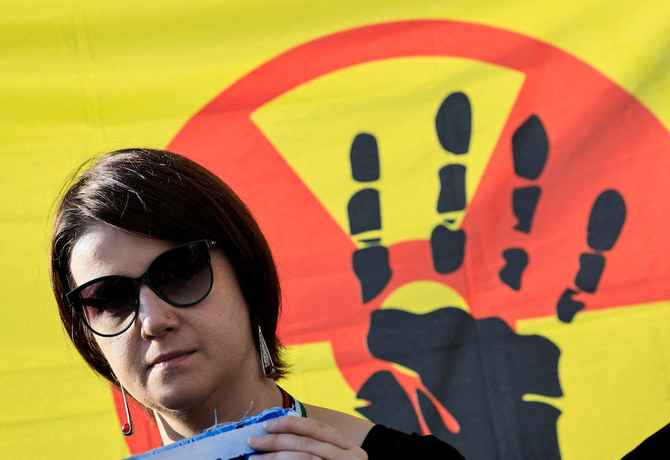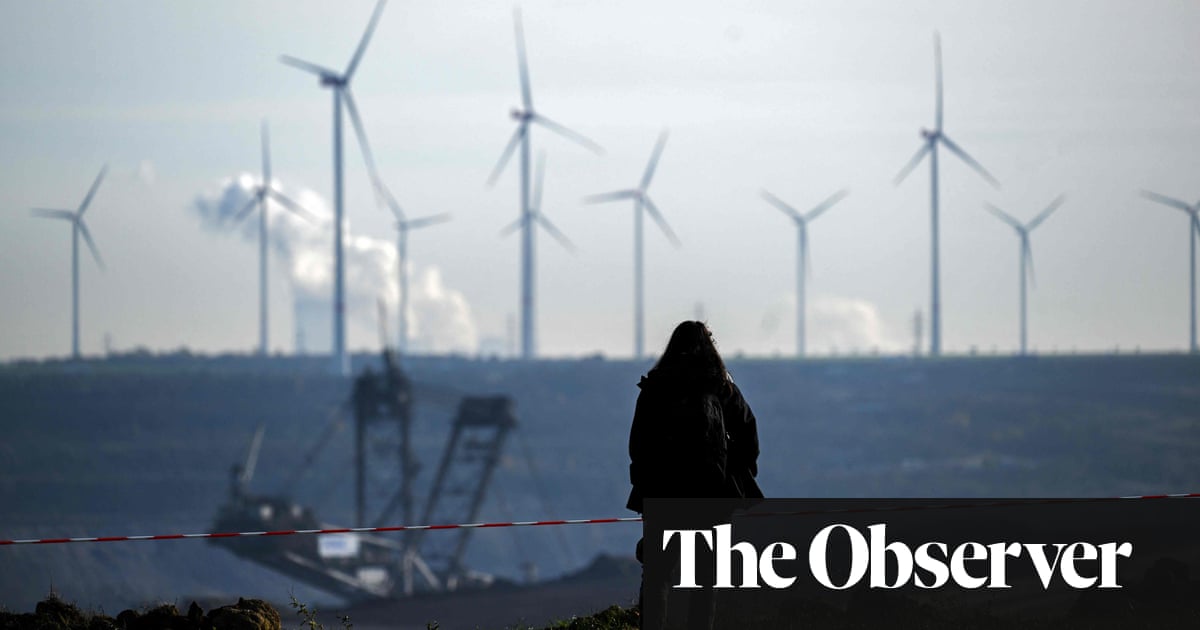
As a bewildered country blinks in the tentative daylight of freedom, after nearly a year and a half of unprecedented restrictions, a wider struggle to restore our sacred freedoms is surely overdue. Despite cynical attempts by some commentators to brand Boris Johnson a “libertarian” – in practice, he is a man who cherishes freedoms only for his own class – his is a nakedly authoritarian government.
It would be unwise to concede this fact to Covid conspiracists, who are as noisy as they are peripheral in public opinion. It is possible to believe, for instance, that an extraordinary national emergency required lockdown, but that implementing it sooner in early 2020 would have suppressed the public health crisis more quickly, meaning restrictions on freedoms would have been shorter lived. The government’s focus on law-breaking during the pandemic – rather than greater financial support for self-isolation or the hiking of a statutory sick pay that remains among the lowest of the rich countries – is further evidence of its authoritarian credentials.
And while the liberal conception of the state is that it is blind to the characteristics of its citizens, in reality it is riddled with prejudice. In “normal” times, Black people are nine times more likely to be stopped and searched by the police, for example over suspicion of possessing drugs, and far more likely to be sent to prison for drug offences than white offenders. So it is no surprise that the government’s sweeping powers during the pandemic were applied through a racist prism. As one recent study found, even as crime levels fell during the first lockdown, stop and search more than doubled, with Black people in London up to 11 times more likely to be targeted.
Police forces high on their own power tried banning Easter eggs as “non-essential” goods and threatened to start inspecting shopping trolleys. Under the Coronavirus Act, they were granted the power to remove or detain any “suspected infectious person” – in other words, anyone. Yet during the first lockdown, every single person that this measure was used against in England and Wales was wrongfully charged. By the third lockdown, nearly a third of those prosecuted under general emergency legislation had their cases dropped.
Those who value civil liberties should do two things. First, ensure that repressive measures deployed for the pandemic are entirely repealed, and that they are not used to set precedents. Second, make a broader argument for a truly free society, loosening a corset that has become increasingly confining under New Labour and Tory administrations alike. “Freedom day” may have been declared in England, but the Coronavirus Act – dispersing gatherings, closing borders, postponing elections – remains on the statute books.
More disturbingly, the government’s policing bill puts lockdown-era authoritarianism on a permanent footing, enabling the police to suppress protests in England and Wales that are deemed noisy or a nuisance – which is built into the very function of the democratic right to protest. “You can’t legislate away people’s right to protest,” as Gracie Bradley, interim director at Liberty, puts it, “and it actually risks creating way more confrontation between protesters and police, as the Clapham Common vigil after the murder of Sarah Everard shows.” Repressive legislation tends to single out the most marginalised people in society, and this bill – further criminalising Gypsy, Roma and Traveller communities – is no exception. Meanwhile, a new elections bill infringes on the right to vote by introducing the requirement to show voter ID, in a bid to tackle the near non-existent problem of voter fraud. The result is that disproportionately minority and working-class Britons without photo identification will be deprived of the most basic of democratic rights.
The worry in tackling this government on civil liberties is that the strategy becomes defensive: an attempt to restore the illiberal status quo of the recent past, rather than demand a truly free society. Acknowledging the racism riddled in the practice of arbitrary police power should lead us to demand the scrapping of section 60 of the 1994 Public Order Act altogether, since it allows stop and searches without any actual suspicion of a crime. Rather than the mass communications surveillance regime that is currently in place, we should support Liberty’s proposals for a warrant-based system. Rather than criminalising homelessness through the 19th century Vagrancy Act – which is used to fine and prosecute rough sleepers – we should treat housing as a fundamental social right and act accordingly.
Furthermore, rather than allow free speech to be degraded as “the right to platform bigoted views”, we should tackle the real threats to it – like the Prevent strategy. Workers’ rights are about basic liberties, too: we should support removing anti-union laws that prevent workers exercising their hard-won freedoms to improve their working conditions.
We were promised “freedom day” in England, but ours is a society wrapped in chains. Rather than loosening them, we should demand their removal altogether.
Owen Jones is a Guardian columnist












